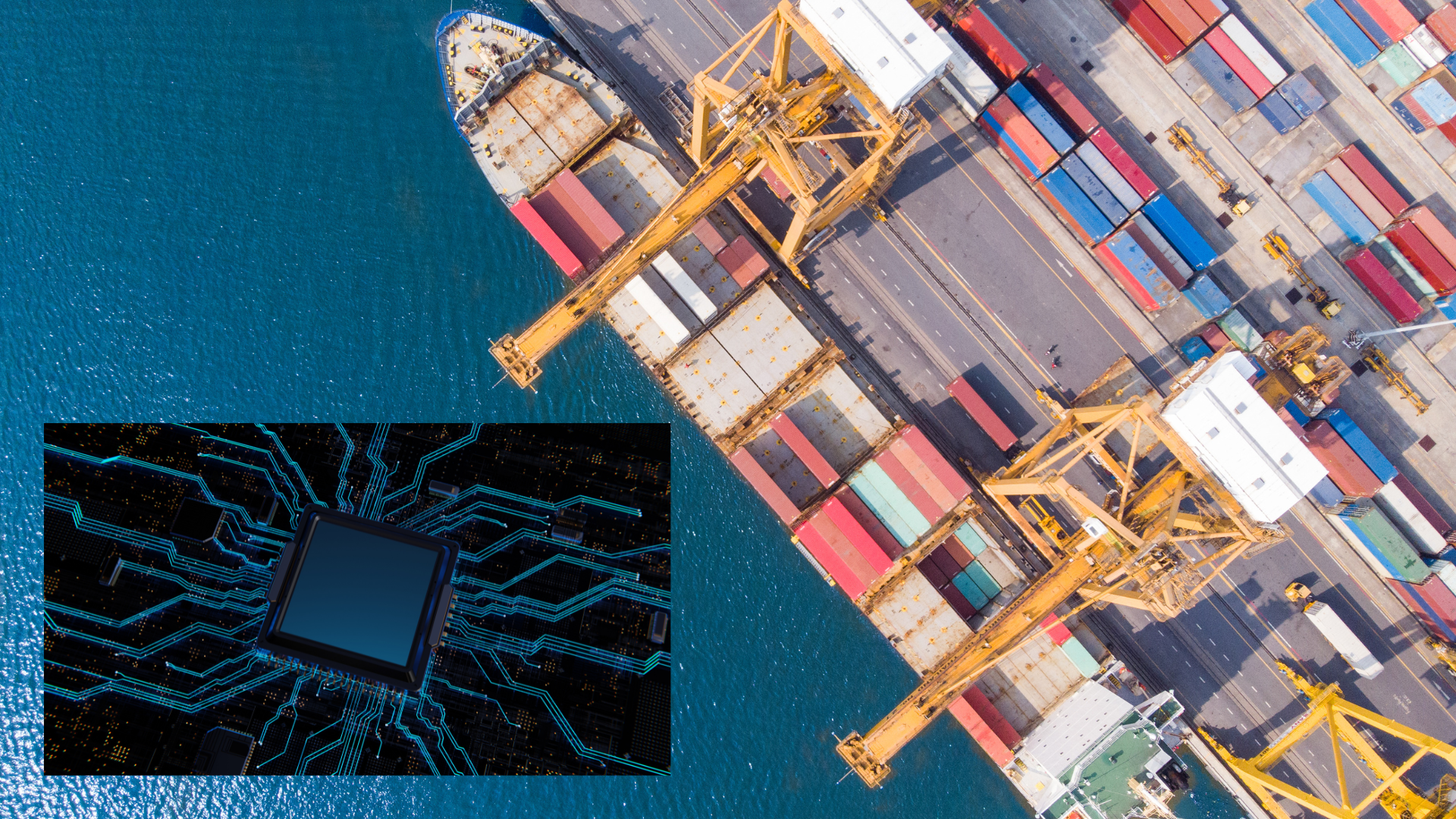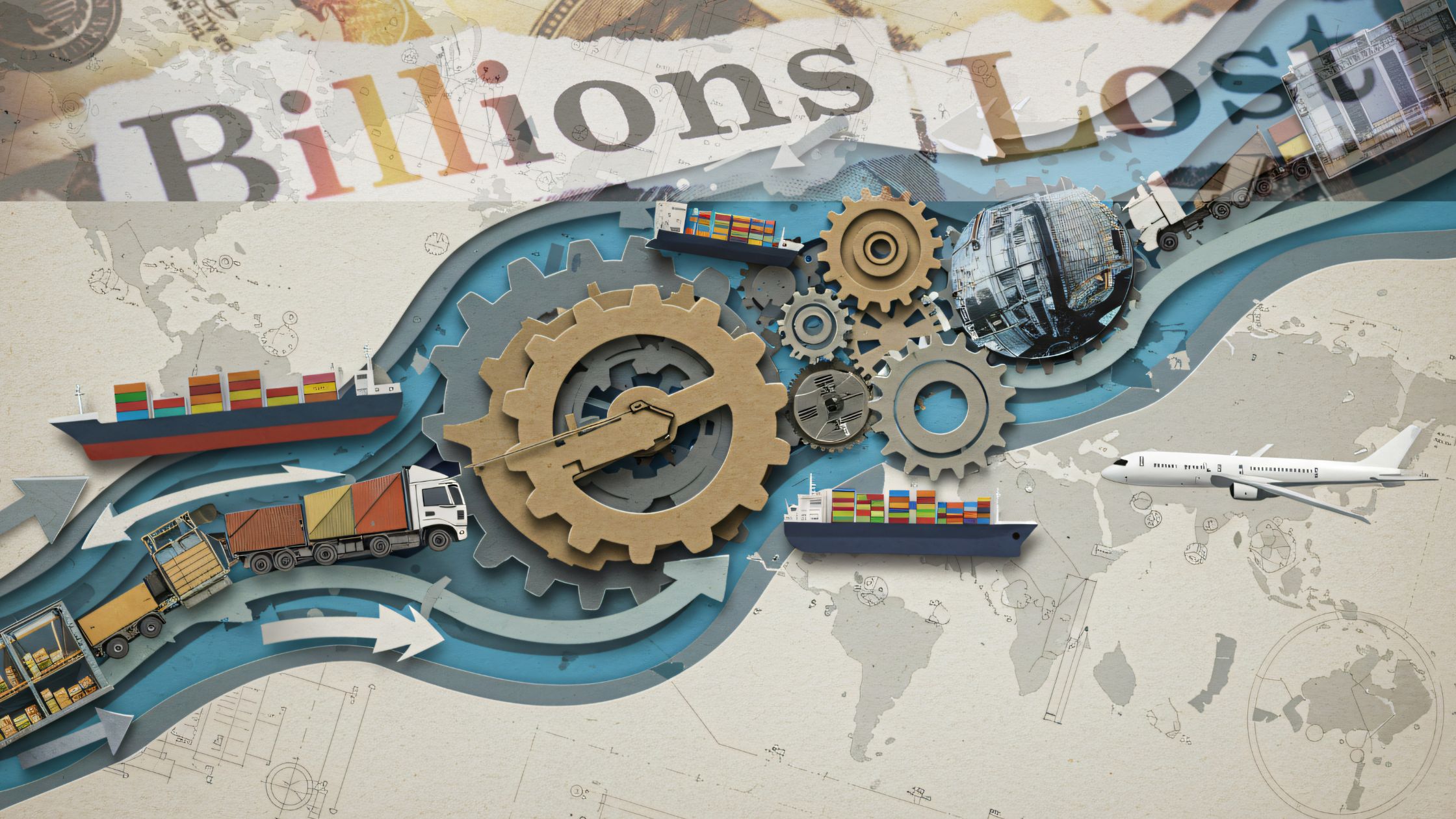Smart Warehousing

By , 19 March 2024 20:04
AI-Powered Software Revolutionizing Supply Chains
Introduction
Artificial intelligence (AI) innovation is revolutionizing supply chain technology, ushering in an era of enhanced efficiency and innovation for businesses. Through a series of blogs, we’ll delve into how AI-powered solutions are reshaping operations, optimizing supply chains, and driving organizational value.
AI Renaissance
The global business landscape is undergoing a profound transformation due to the AI renaissance. Analysts liken AI to General Purpose Technologies such as Electricity and the Steam Engine from the Industrial Revolution, marking it as this century’s Industrial Revolution. The genesis of this wave of AI innovation traces back to Sept 30th, 2012, when AlexNet triumphed in the ImageNet competition, designed by Geoffry Hinton’s students, considered the Godfather of Deep Learning and AI.
Impact on Supply Chains
AI innovation is poised to transform supply chains across all industries and businesses. Today’s supply chains are global and generate vast amounts of data across systems, organizations, and countries. However, they heavily rely on manual processes and outdated ERP systems, making them ripe for disruption with AI/ML algorithms. These algorithms leverage historical data, market trends, and external factors to generate accurate demand forecasts, enhancing supply chain resilience, reducing costs, and improving customer satisfaction.
Autonomous Characteristics of Supply Chain
AI-driven autonomous supply chain management systems autonomously plan, execute, and optimize various supply chain processes. By automating routine tasks and decision-making processes, businesses can achieve higher efficiency, agility, and responsiveness across their supply chains.
Next Generation of Intelligent Software
The advent of AI is reshaping software development, similar to its impact in the consumer space with technologies like ChatGPT and GoogleGemini. These large language models can reason better and provide intelligent responses, even passing standardized exams. Similarly, supply chain systems will evolve, leveraging AI to learn from vast datasets, adapt to changing dynamics, and execute with enhanced efficiency.
Value Creation for Businesses
Modern AI-enabled supply chain technologies enable businesses to deliver superior customer experiences by personalizing products, services, and delivery options. By leveraging AI algorithms to understand and anticipate customer needs, businesses can drive loyalty and gain a competitive edge. Additionally, AI-powered route optimization algorithms dynamically analyze transportation data to minimize costs, reduce delivery times, and improve fleet efficiency.
Conclusion
The AI revolution is fundamentally reshaping the supply chain technology space, empowering businesses to optimize processes, enhance visibility, and deliver value across the entire ecosystem. Predictive analytics, autonomous management systems, dynamic route optimization, and enhanced customer experiences are just a few examples of how AI is transforming traditional operations. As businesses embrace AI-powered solutions, they will navigate complexities with greater ease, driving innovation and unlocking new opportunities for growth and success.
Recent Posts

Billions Spent on Supply Chain Tech, Yet Warehouses Still Run on Yesterday’s Logic

3 Signs Your Warehouse Operations Are Ready for a Digital Upgrade
